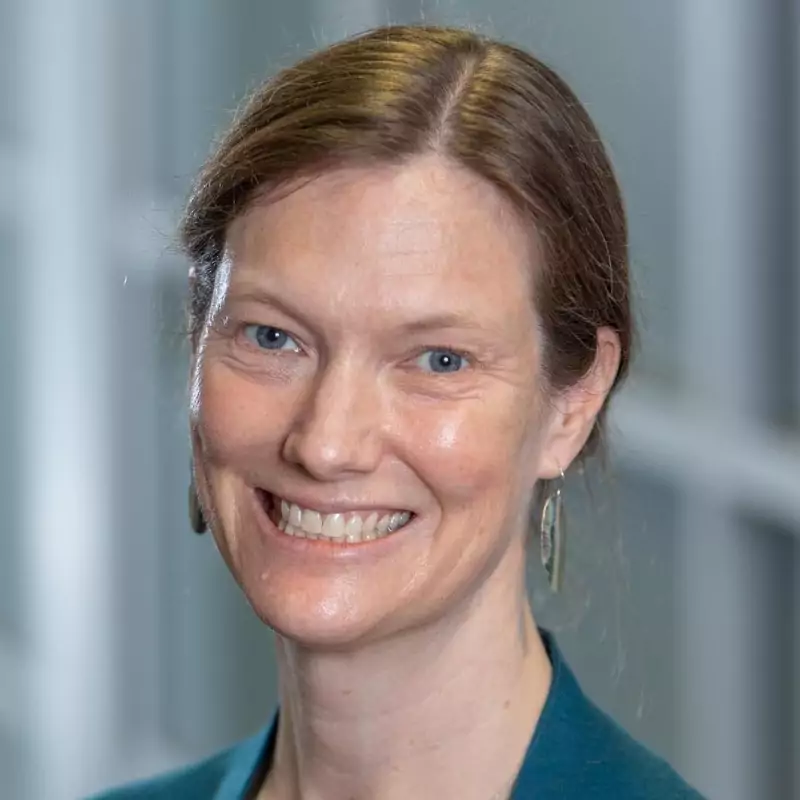Taming Two Dragons: Co-Occurring Disorders
Both dragons must be tamed and dealt with, as they are distinct from each other, and yet interact with each other in a way that is negatively reinforcing. Diagnosis of co-occurring disorders is sometimes a bit trickier than normal diagnosis. This is because substance use disorders also generate psychiatric disorders like depression, anxiety, and psychosis, so it can be hard for a practitioner who doesn’t know your full history to know what she’s looking at.
The use of a substance may also mask the presence of a symptom that would otherwise be visible. For example, many women with anxiety disorders, such as panic disorder or post-traumatic stress disorder (PTSD), have been using alcohol for its anxiolytic, or sedative, effects, to the point where the underlying constant state of anxiety may be hidden from their awareness.
The typical ups and downs of bipolar disorder, for example, can also resemble the highs and lows of stimulant addiction. In other words, people can develop symptoms of addiction and mental illness that mimic each other. Due to the similarity of the diagnostic characteristics for various mental conditions, individuals are either left untreated or misdiagnosed.
Symptoms can vary widely among people who are diagnosed with serious mental illness, which can sometimes make receiving an accurate diagnosis difficult. Dual diagnosis treatment and care options will vary and depend on each person’s experiences and specific needs. It’s important to note that what works for one individual may not work for another.
At Villa Kali Ma, our rehab center in San Diego County, California, takes a cautious, supportive approach to treating co-occurring substance use disorders and co-occurring mental health. We make sure we’re understanding what exactly is plaguing you before we dive into helping you overcome it.
For a woman who comes to realize and accept that she has two things going on at once, it is generally recommended that she seek integrated treatment for co-occurring disorders, from the same medical team. It doesn’t usually work to get treatment for one and then the other, because each one of the disorders interferes with progress in treatment of the other.


 A big part of recovering, therefore, is what’s called “psycho-education,” or getting an advanced degree like her dragons. She must learn all about how each disorder behaves, mastering knowledge of the symptoms, triggers and signs of its return, warning signs of relapse, and what cures exist. She must learn to call out the voices of each disease – the addict that lies to her in one way, and the disorder that lies to her in another. More research is constantly done at our treatment center such as data collection to improve access to healing.
A big part of recovering, therefore, is what’s called “psycho-education,” or getting an advanced degree like her dragons. She must learn all about how each disorder behaves, mastering knowledge of the symptoms, triggers and signs of its return, warning signs of relapse, and what cures exist. She must learn to call out the voices of each disease – the addict that lies to her in one way, and the disorder that lies to her in another. More research is constantly done at our treatment center such as data collection to improve access to healing. A Villa Kali Ma in San Diego County, we follow a daily structure for healthy living that entrains a woman to habits that support recovery from co-occurring disorders. Our integrated treatment for co-occurring disorders also provides a team that understands a woman’s experiences and teaches coping skills our clients can use to manage their dual diagnoses.
A Villa Kali Ma in San Diego County, we follow a daily structure for healthy living that entrains a woman to habits that support recovery from co-occurring disorders. Our integrated treatment for co-occurring disorders also provides a team that understands a woman’s experiences and teaches coping skills our clients can use to manage their dual diagnoses.
